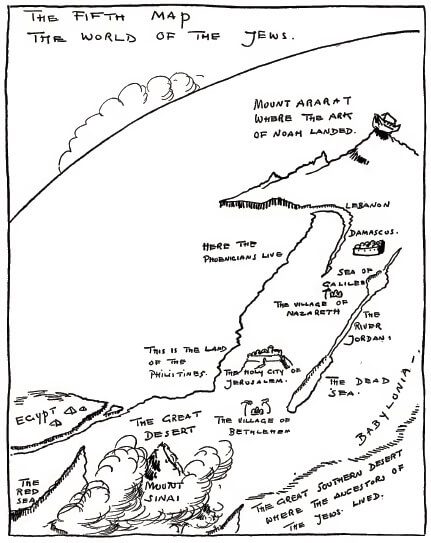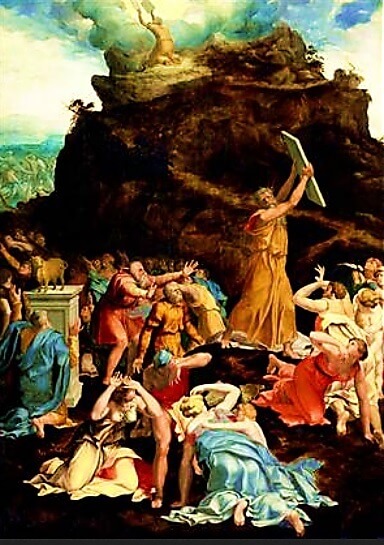 Ancient Man
Ancient Man
Ancient Man
Ancient Man




 Ancient Man
Ancient Man
Ancient Man
Ancient Man

Study the lesson for two weeks.
Over the two weeks:
Activity 1: Narrate the Chapter
Activity 2: Map the Lesson
Find locations related to the chapter.

Activity 3: Can You Find It?
Find the following items in 'Moses on Mount Sinai,' a 16th century engraving by Italian artist Daniele da Volterra.

Activity 4: Read the Law of Moses
Read the Law of Moses, commonly known as the Ten Commandments.
People of Jewish, Samaritan, Christian, and Islamic faiths commonly believe in following the Ten Commandments. As you read the Ten Commandments, discuss each law, as desired.
Activity 5: Complete Coloring Pages, Copywork, and Writing

Activity 6: Read Lyrics and Listen to a Song About Moses
Read the select lyrics to 'Go Down Moses,' which gives the Biblical account of the story of the Jewish people escaping from Egypt. Then, listen to the performance of 'Go Down Moses,' by Les Petits Chanteurs de Montigny.
When Israel was in Egypt’s land, let my people go;
Oppressed so hard they could not stand, let my people go;
Go down, Moses, way down in Egypt’s land,
Tell old Pharaoh: let my people go.
Thus saith the Lord, bold Moses said, let my people go;
If not, I'll smite your first-born dead, let my people go;
Go down, Moses, way down in Egypt’s land,
Tell old Pharaoh: let my people go.
The Lord told Moses what to do, let my people go;
To lead the children of Israel through, let my people go.
Go down, Moses, way down in Egypt’s land,
Tell old Pharaoh: let my people go.